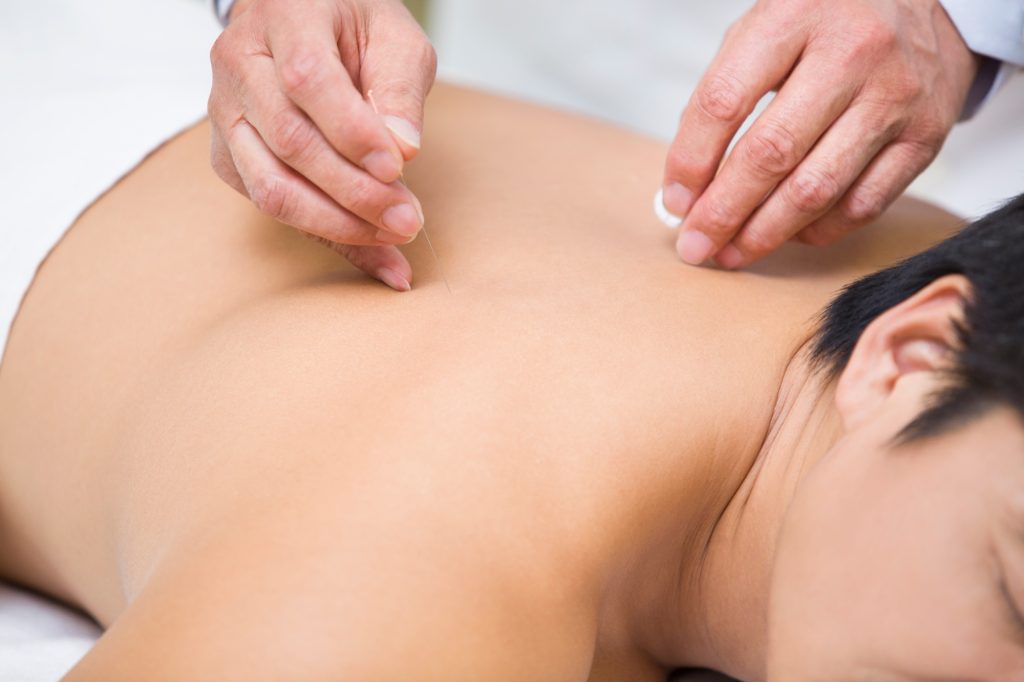Acupuncture for Insomnia Treatment: Restoring Deep Sleep Naturally
- G&G TCM
Acupuncture for insomnia treatment is one of the most effective natural methods to improve sleep quality, reduce stress, and restore balance to your body. Unlike sleeping pills, which only mask symptoms, acupuncture treats the root causes of insomnia through Traditional Chinese Medicine (TCM) principles.
What Is Acupuncture for Insomnia Treatment?
Acupuncture for insomnia treatment involves inserting very fine needles at specific acupoints to regulate energy flow, known as Qi. In TCM, insomnia happens when the balance between the heart, liver, and kidney systems is disrupted. Restoring this balance promotes relaxation, calms the mind, and supports deeper, more consistent sleep.
According to the World Health Organization, over 30% of adults globally experience insomnia. In Singapore, nearly 1 in 3 adults suffer from poor sleep quality. With rising work stress and digital exposure, many people now turn to natural, drug-free therapies like acupuncture for insomnia treatment.
How Acupuncture for Insomnia Treatment Works
Step 1: Consultation and Diagnosis
Your TCM physician identifies your sleep imbalance pattern through tongue, pulse, and lifestyle analysis.
Step 2: Selecting Acupoints
Common points used in acupuncture for insomnia treatment include:
- HT7 (Shenmen): Calms the spirit
- SP6 (Sanyinjiao): Nourishes Yin and blood
- GV20 (Baihui): Clears the mind and reduces anxiety
- Anmian: Promotes peaceful sleep
Step 3: Treatment Process
Needles remain for 20–30 minutes while the body’s parasympathetic system activates. Patients often describe the feeling as “deep calm” or “light floating.”
Step 4: Complementary Therapies
For maximum results, your physician may combine acupuncture with:
- Cupping therapy to release muscle tension
- Moxibustion to warm the body and enhance Qi
- Herbal prescriptions for nourishing internal organs
Why Choose Acupuncture for Insomnia Treatment
| Benefit | Explanation |
|---|---|
| Natural and Drug-Free | Avoids dependency and side effects |
| Improves Sleep Duration | Helps the body enter REM and deep sleep |
| Reduces Stress and Anxiety | Balances hormones and calms nerves |
| Restores Qi Harmony | Addresses root imbalances, not just symptoms |
| Supports Mental Clarity | Better sleep enhances mood and focus |
Clinical studies published in Sleep Medicine Reviews (2020) show acupuncture improved sleep efficiency by up to 85% compared to no treatment. For a holistic approach, G&G TCM Medical Singapore integrates acupuncture, herbal therapy, and Tuina massage to enhance results.
Common TCM Patterns Causing Insomnia
| TCM Diagnosis | Description | Common Symptoms |
|---|---|---|
| Heart & Spleen Deficiency | Emotional stress and fatigue weaken heart Qi | Palpitations, dream-disturbed sleep |
| Liver Qi Stagnation | Emotional blockage of energy | Irritability, difficulty falling asleep |
| Kidney Yin Deficiency | Aging and chronic stress deplete Yin energy | Night sweats, early waking |
| Phlegm-Heat Disturbance | Poor diet causes restlessness | Heaviness, vivid dreams, anxiety |
Lifestyle Tips to Enhance Acupuncture Results
To maximize your acupuncture for insomnia treatment, try these healthy habits:
- Maintain consistent bedtime routines.
- Avoid caffeine after 3 p.m.
- Reduce screen exposure before sleep.
- Practice meditation or slow breathing exercises.
- Enjoy TCM herbal teas such as chrysanthemum or longan for relaxation.
For natural sleep-supporting herbs, explore G&G TCM’s product range.

Expert Insight: G&G TCM Medical Singapore
Located in Chinatown, Singapore, G&G TCM Medical is a trusted clinic specializing in acupuncture for insomnia treatment, pain management, and holistic wellness. With over 10 years of experience, their certified physicians offer bilingual care (English & Chinese) tailored to each patient’s needs. Visit G&G TCM Medical Singapore or book your consultation here to start your path toward restorative, natural sleep.
FAQs Section
Is acupuncture for insomnia treatment safe?
Yes. It is a non-invasive and safe therapy when performed by a licensed TCM practitioner.
How many sessions are needed?
Most patients experience improvement after 3–6 sessions, though chronic cases may require ongoing care.
Does it hurt?
No. The needles are ultra-fine and cause minimal discomfort — usually a warm or tingling sensation.
Can I combine acupuncture with Western medicine?
Yes, but inform your doctor to ensure compatibility.
How long do results last?
With regular sessions and proper lifestyle habits, results can last for months or even years.

